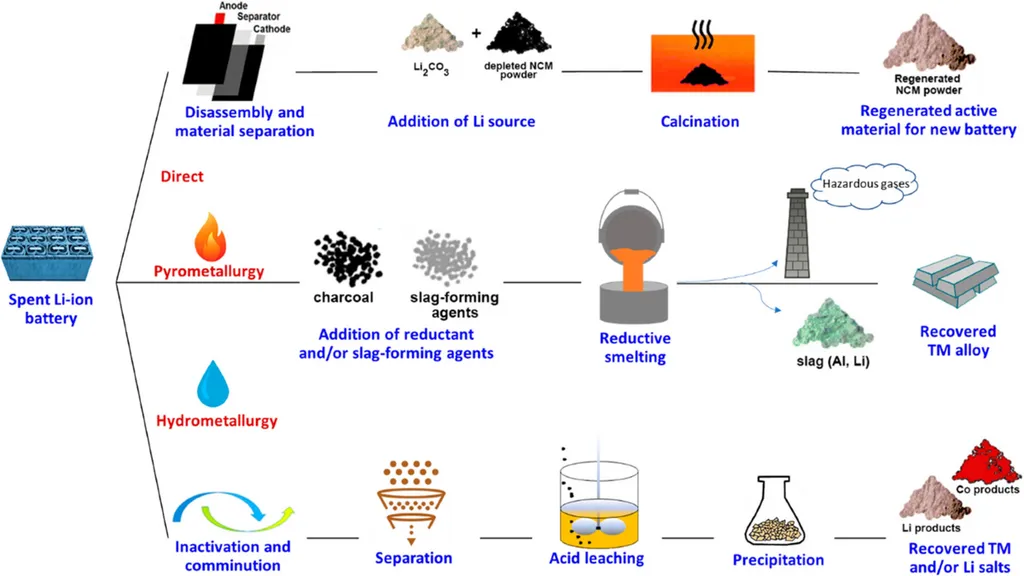In a world grappling with the ever-mounting challenge of electronic waste, a beacon of hope emerges from the Mechanical Engineering Department at The British University in Egypt. Dr. Iman El-Mahallawi, a leading researcher in the field, has pioneered an innovative approach to recycling e-waste that could revolutionize the aluminum industry and significantly reduce environmental impact.
The study, recently published in *Discover Materials* (which translates to *Explore Materials* in English), explores a novel method of integrating pulverized e-waste with aluminum scrap to create high-performance alloys. These alloys are designed to meet the stringent requirements of the 2xxx and 3xx series aluminum alloys, which are widely used in various industrial applications, including the energy sector.
Traditional recycling methods have often fallen short of sustainability criteria, but Dr. El-Mahallawi’s research offers a promising solution. “The implementation of sustainability requirements calling for recycling will not be achieved unless intensive research is conducted for mitigating and tolerating the presence of accumulating tramp elements in the recycled alloys,” she explains. This research not only addresses the pressing issue of e-waste but also opens new avenues for sustainable material applications.
The experimental process involved combining e-waste in powder form with aluminum scrap through conventional melting techniques. Characterization tests, including microstructure analysis, phase identification, thermodynamic modeling, and mechanical strength assessments, confirmed the potential of these alloys to meet industry standards. The findings highlight the feasibility of using e-waste as a sustainable alloying source, offering a dual benefit of reducing environmental impact and conserving natural resources.
The implications of this research are far-reaching, particularly for the energy sector. High-performance aluminum alloys are crucial for the construction of energy-efficient infrastructure, and the integration of recycled materials can significantly reduce production costs and environmental footprint. “This research lays the groundwork for further exploration of the heat treatment and mechanical properties and broader industrial applications of these introduced alloys,” Dr. El-Mahallawi adds.
As the world continues to grapple with the challenges of e-waste and sustainability, Dr. El-Mahallawi’s innovative approach offers a glimmer of hope. By transforming electronic waste into valuable resources, this research not only addresses environmental concerns but also paves the way for a more sustainable and efficient future in the energy sector. The journey towards a greener tomorrow starts with groundbreaking research like this, and the potential for future developments in the field is immense.

